Artificial Intelligence in the retail industry is being developed when you can read customer’s minds exactly what they want, sometimes, even before customers know they want it. This is the power of Artificial Intelligence in the retail industry, which is at the core of customizing every customer’s journey.
How would you blend this powerful AI technology with your unique brand essence? The question is, are you ready to not just join the AI revolution but lead it, transforming the shopping experience into something extraordinary? Let’s dive into the exploration of potential AI solutions for retail with us now!
>> Explore more in our latest blog posts: 4 benefits and 5 challenges of agentic AI in the retail industry

1. What is Artificial Intelligence in the retail industry?
For the retail industry, AI is a flexible technology that works well in a range of commercial settings. It enhances both physical and digital retail settings by utilizing automation, data, and technology like machine learning (ML) algorithms to provide customers with highly customized customer shopping experiences.
Internal operations can be enhanced by AI including inventory management, supply chain optimization, profit margins, sales forecasting and so on. By integrating AI functionality into their workflows, retailers can add value for their customers while making their operations more time-efficient and cost-efficient.
2. How is AI revolutionizing the retail industry?
When combined with automation, AI technologies can autonomously make decisions that trigger a programmed action. A retailer can rely on AI to create product recommendations for online shoppers that help them easily choose products based on their purchasing history. Moreover, retailers can consider genAI to create marketing and customer-facing content.
Our research shows that investing in AI helps improve productivity, reducing testing cycles and enhancing security compliance by cutting time-to-market by 10 to 30%. According to McKinsey & Company, applying AI-driven forecasting to supply chain optimization by reducing errors by 20% to 50%. From that, AI is opening a huge opportunity for enhancements and improvements in the retail sector.
3. Top 8 Use Cases of Artificial Intelligence in the Retail Industry
By applying artificial intelligence in retail industry, there are the top 8 uses cases that are attractive to businesses:
3.1 Inventory management
AI in the retail industry can forecast consumers demand by linking their purchasing histories that provides retailers with the knowledge to streamline inventory management for retailers. Some of them also can use AI-powered inventory robots in warehouses to fill orders and send alerts when finding any missing. With the development of streamlining inventory management by AI, it helps retailers enhance business efficiency, accuracy, and decision-making.
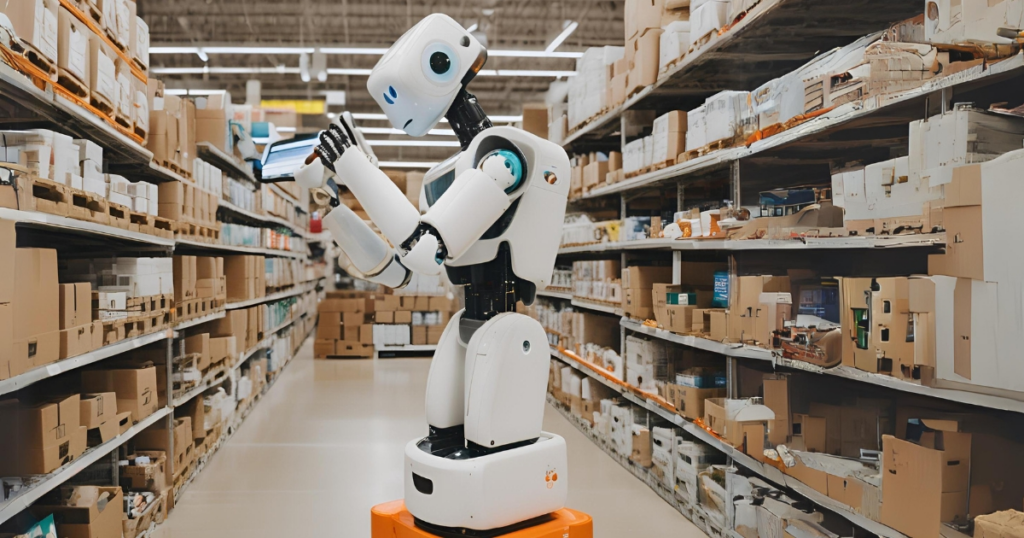
AI-powered inventory robots in warehouses.
3.2 Enhance supply chain optimization
Retailers can utilize AI to optimize the supply chain process, covering everything from demand forecasting to distribution. By harnessing AI’s predictive capabilities, businesses can optimize logistics and lower operational expenses. This technology enables more accurate inventory management, ensuring that products are available when needed. Ultimately, AI enhances efficiency and responsiveness within the supply chain, driving better overall performance.

AI-driven supply chain optimization.
3.3 Increase profit margins
By using AI algorithms, your business may dynamically modify pricing in response to market conditions, competition, and demand. The business can easily optimize profit margins and increase revenue when you price your product correctly using techniques like dynamic pricing and real-time promotions. Additionally, AI increases income through strategies like upselling and cross-selling. A case study demonstrating a 10% rise in sales as a result of AI-generated product suggestions demonstrates this.
3.4 Sales forecasting
Predictive modeling has made it easy for firms to anticipate future sales as well as evaluate historical data and industry trends. This approach allows retailers to better align their inventory with customer demand, reducing the risk of overstocking or stockouts. As a result, they may use various forms of artificial intelligence in the retail sector to make data-driven judgments on marketing tactics and stock levels.

AI-powered sales forecasting to make smarter business decisions.
3.5 Automated customer assistant by chatbot
Chatbots driven by AI offer immediate, round-the-clock client service (7 days 24 hours). These chatbots can answer common questions, freeing up employees to work on more complicated problems. This improves customer satisfaction and response times in any platform such as: phone lines, live chat, email, and social media platforms to connect with experts.

Chatbot automation to speed up the business’s efficiency.
3.6 Explore innovative products
The business can also use Artificial Intelligence in retail for product discovery. It helps in analyzing customer trends and market data so that you can understand customer preferences. With the help of artificial intelligence technology, businesses can enhance their reputation, customer experience and business growth in the market. From that, business leaders can identify the market gaps and develop new products that customers really want.
3.7 Engage customer interactions
AI-powered tools such as chatbots and virtual assistants interact with customers by offering personalized communication. They address inquiries, suggest products, and assist shoppers throughout the buying process, significantly improving the overall shopping experience. Retailers are betting big on the future of artificial intelligence (AI), with 92% investing in the technology. Using AI in retail isn’t new, 59% of retailers use it to help store associates make product recommendations while 55% use digital assistants to help online shoppers.
3.8 Predictive maintenance
Since retail environments are usually equipped with machinery or electronic systems, you can easily deploy AI and predict maintenance needs. Basically, through predictive analytics, you can reduce downtime as well as maintenance costs.
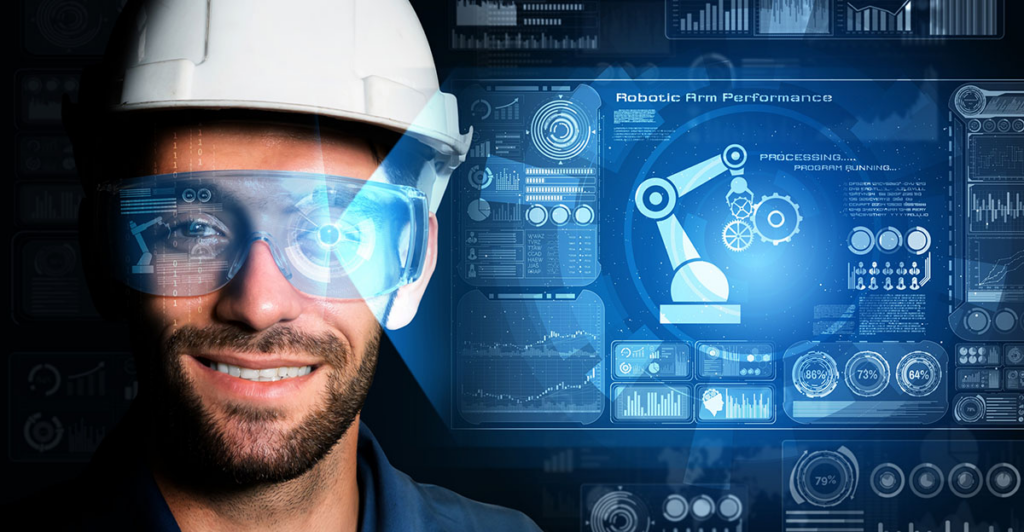
4. Top examples of AI in retail industry
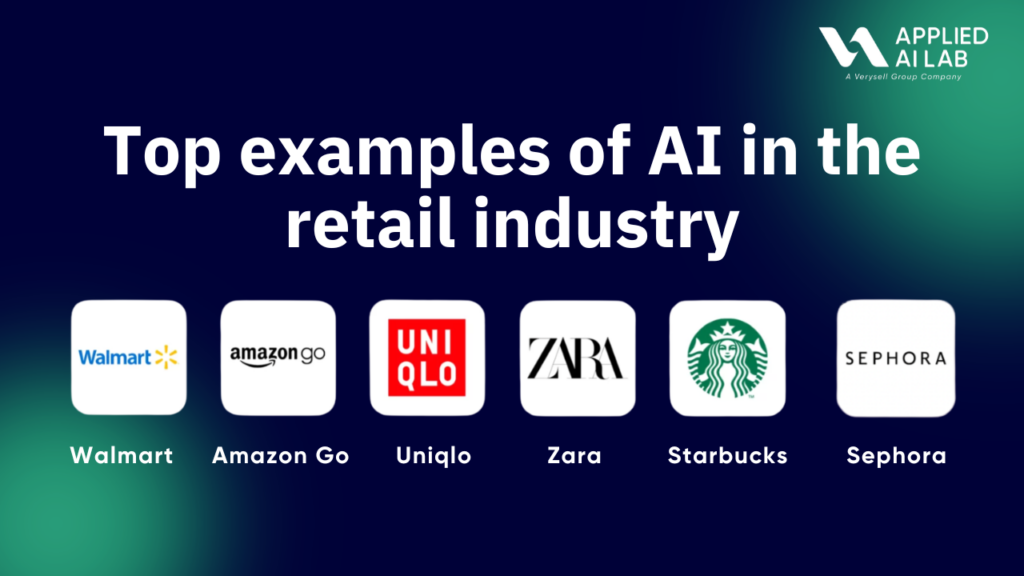
Top examples of AI in the retail industry.
4.1 Walmart
Walmart utilizes AI for demand forecasting and optimizing its supply chain. By leveraging AI algorithms to anticipate future demand and synchronize it with supply, the company ensures optimal inventory levels and efficient logistics. These AI applications in retail help reduce both stockouts and surplus inventory, resulting in cost savings and enhanced customer satisfaction.
While exact statistics weren’t uncovered in the search, it is widely recognized that Walmart has been investing in AI initiatives to sustain its competitive advantage in the retail sector.
4.2 Amazon Go
At Amazon Go stores, 46% of consumers shopping experience prefer to use self-checkout kiosks, outweighing those shoppers who prefer to use traditional cashier lines, when compared to just 29% of those who have never visited an Amazon Go store.
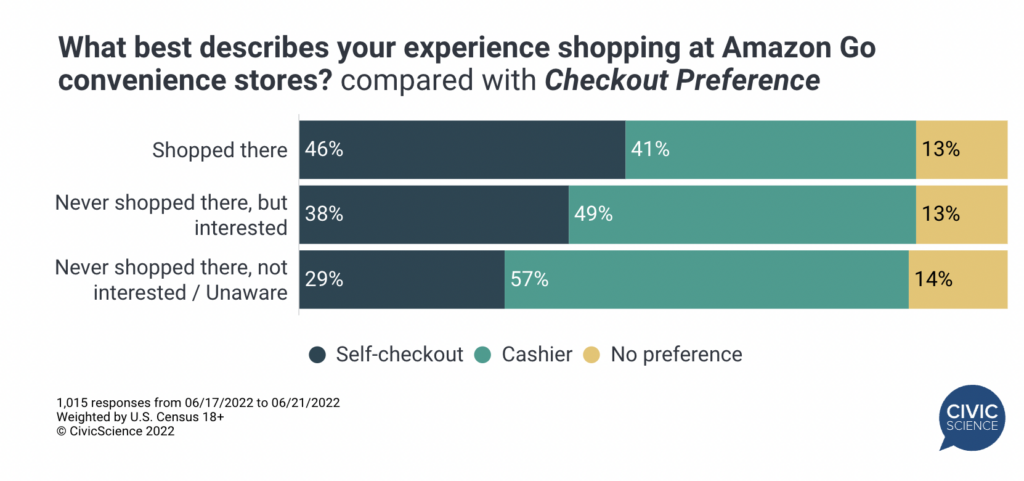
AI cameras and sensors identify the items customers select and automatically charge them upon exit, eliminating the need for a conventional checkout process to help customers get in and out quickly and seamlessly.
4.3 Uniqlo
Uniqlo’s UMood Experience kiosks analyze customer reactions to styles and colors, recommending products based on these responses, offering a unique shopping experience. By utilizing this AI technology, Uniqlo generated more than 20 million PR impressions and achieved over $500,000 in earned media. On the day of the launch and shortly thereafter, over 100 media articles were published. The online quiz attracted 9,918 participants, and there was considerable social media activity, resulting in over 2 million impressions and 35,728 engagements.
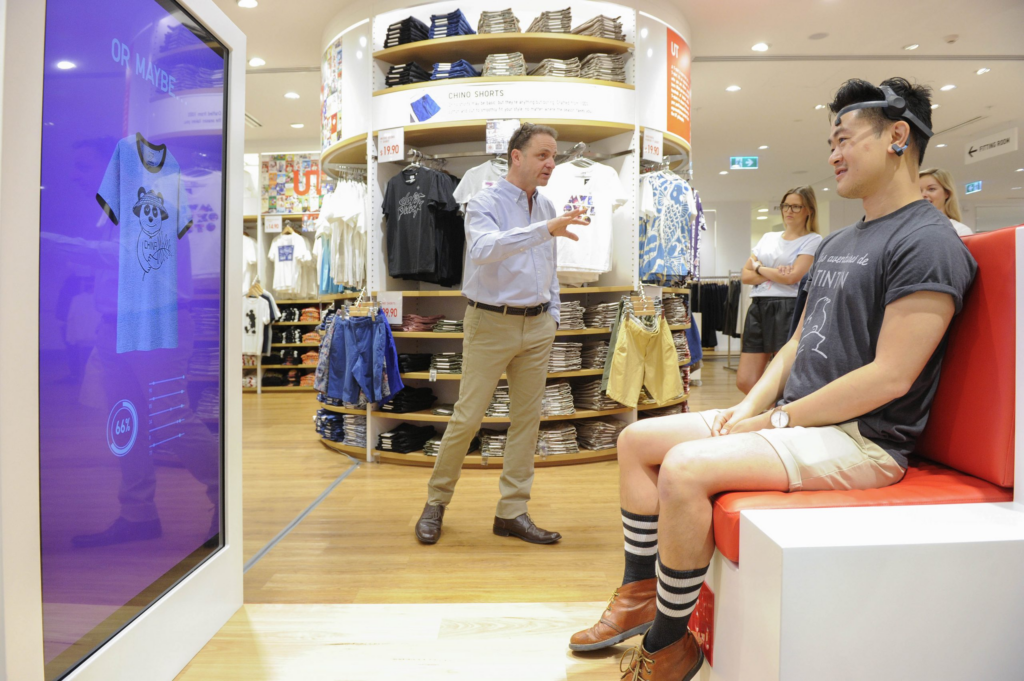
4.4 Zara
Another example of retail AI, Zara’s robot can pick up 2,400 packages simultaneously. Zara’s Robot-Assisted Pickup utilizes robots to streamline order pickups, enhancing efficiency and convenience for customers. These robots help employees use mobile devices to help customers shop, and customers will use a bluetooth credit card terminal to pay for their items.
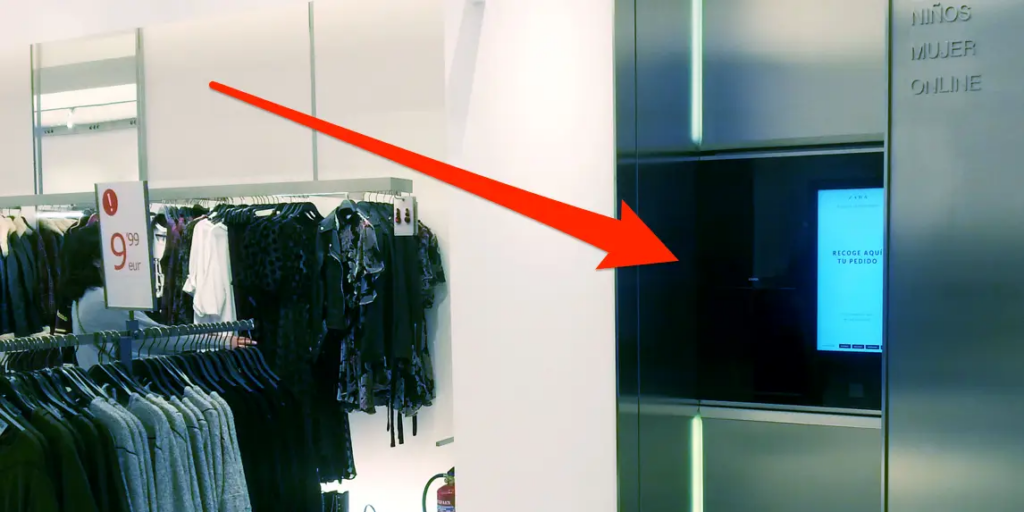
4.5 Starbucks
Starbucks launched Starbucks’ My Starbucks Barista app enables voice and text-based orders, allowing customers to skip lines and find their orders ready upon arrival. The AI technology will allow users to order their drinks and food through messaging and voice recognition on the application, without having to be in stores. By having this app, Starbucks can enhance their customer experience, increase brand revenue, and drive business growth.

4.6 Sephora
Sephora’s makeup assistant (Sephora’s Color IQ) scans faces to recommend personalized foundation and concealer shades, while Lip IQ helps find the perfect lipstick shade, making way for a seamless makeup shopping experience. Take skin shade as an example in the application, it uses a specialized camera to capture skin shade, using depth, undertone, and saturation, with AI, it recommends the best shade for a wider range of skin colours.

5. Conclusion
AI in retail is a revolution, offering dynamic solutions from personalized customer interactions and inventory management to sophisticated demand forecasting and chatbot services. Flutter further enhances this transformation, providing a versatile platform for the seamless integration of AI in retail applications.
Verysell Group Applied AI Lab specializes in creating tailored AI solutions for the retail industry. How are you using AI to create awesome retail experiences? Let’s look at some of the ways retailers are putting AI to work.


